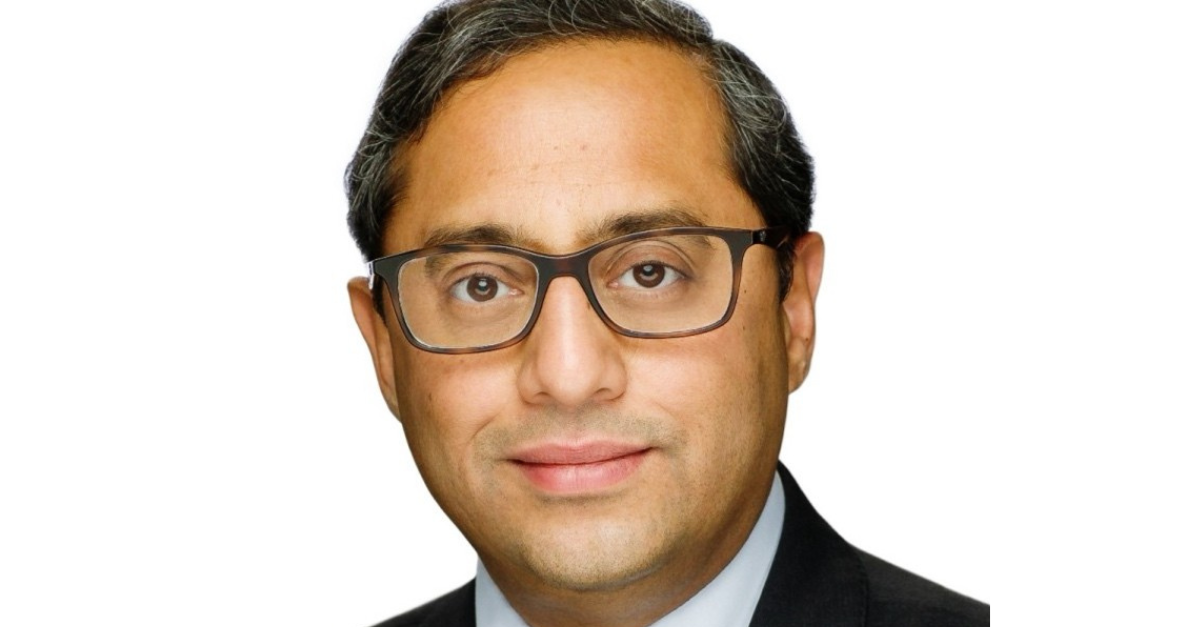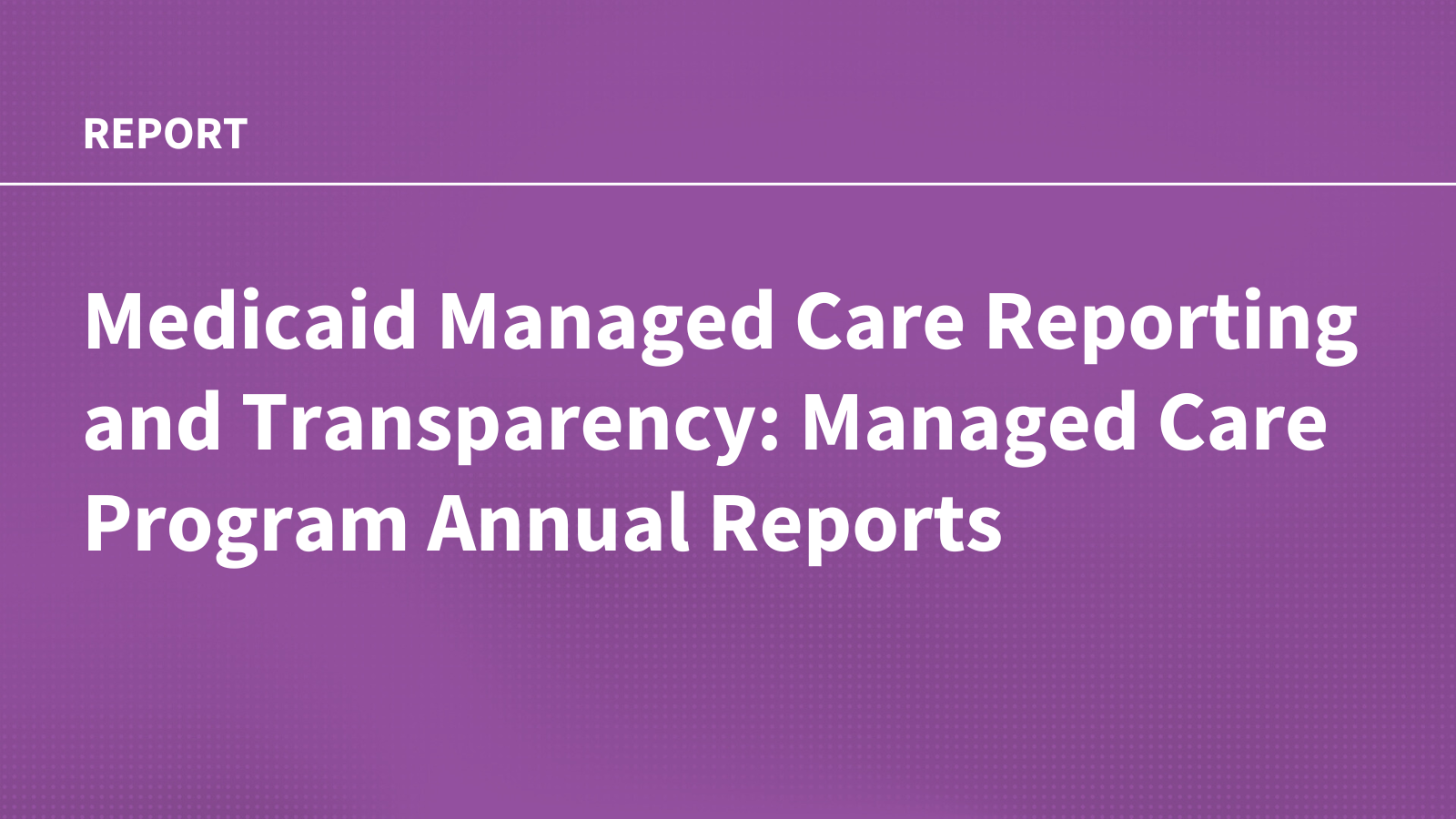Former Centers for Medicare and Medicaid Services (CMS) Administrator Chiquita Brooks-LaSure is not buying the Trump administration’s claim health programs won’t be impacted by the most recent round of federal cuts.
On Thursday, the Department of Health and Human Services (HHS) announced 300 jobs, or about 4% of the workforce, at CMS would be cut. This is part of a broader reorganization that will see the HHS slashed by about one-fourth.
The HHS promised workforce reductions will not impact Medicare or Medicaid, and President Donald Trump has repeatedly said Medicaid is not under threat unless the administration finds waste, fraud or abuse. This is despite the House of Representatives passing a budget resolution laying the groundwork to reduce Medicaid spending by $880 billion over 10 years.
But Brooks-LaSure is skeptical they can hold to their promise after the latest round of cuts and regional office consolidations, since many fired workers do influence the rollout of these programs.
“Just because someone’s title doesn’t say that they work on Medicare and Medicaid doesn’t mean that much of the work that they’re doing doesn’t affect those programs,” she said, now as a senior fellow at progressive think tank The Century Foundation, in a press conference Friday. “I think it’s on them to prove that the claim is true.”
Wrapped up in the cuts, reportedly, is the Office of Minority Health. This office was formed by Congress, is protected by statute and looks at health disparities across the country, including in rural healthcare. The office focuses on issues affecting everyone, including diabetes. It’s another example of the previous administration’s willingness to combat health equity gaps not being shared by the new HHS.
Workers at regional offices are responsible for overseeing Medicare Advantage plans, monitoring state Medicaid benefits and reviewing and enforcing nursing home regulations.
During Brooks-LaSure’s tenure, there were already backlogs from states attempting to get amendments approved. Changing the job responsibilities and adding more work to the remaining employees will further bog down this process, she said.
The previous administrator also prioritized cracking down on certain business practices by Medicare Advantage plans, an issue that is increasingly becoming bipartisan as Republicans seek areas to root out fraud and abuse. These cuts give Brooks-LaSure the opposite impression, and she told reporters she is “concerned” about oversight in this sector.
Federal agencies are currently under a hiring freeze, and Secretary Robert F. Kennedy Jr. notes the HHS’ budget and staff increased sharply under the Biden administration. Many of these divisions have been chronically underfunded for years and deserve more attention, especially to support several key pieces of legislation signed by Biden, she countered.
“One of the reasons why I talk so much about my concerns around nursing homes is really [it’s] the part of the agency that is responsible for doing surveys—that has been underfunded,” said Brooks-LaSure. “If you’re going to ask the agency to do more, like take on responsibilities from some of the public health sister agencies that might be going away, you have to make sure that you’re sufficiently providing the resources, or else it will pull from Medicare and Medicaid.”
CMS probationary workers at the agency’s Innovation Center and those helping provide individual marketplace coverage have already been fired. Others took the “fork in the road” option or early retirement offer.
Kennedy is helping carry out the vision of the Department of Government Efficiency (DOGE) and senior advisor to the president Elon Musk. The secretary said the HHS is overrun with duplicative job titles, offices and computer systems that are siloed and not efficient.
The administration also faces resistance in the court system, as challengers argue Trump and his allies are flagrantly violating the law and not following proper procedure when it comes to the disregard of government employment practices.
Hiring and firing in the government, as well as modernizing out-of-date systems, should be easier, conceded Brooks-LaSure. But the scale of these cuts, and the limited transparency over the last several months, is worrisome, she added.
“Doing it in this cavalier way … there’s just no way that there isn’t incredibly long-term harm to the people who depend on CMS programs,” she said.
Publisher: Source link










